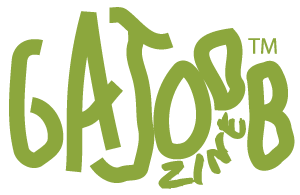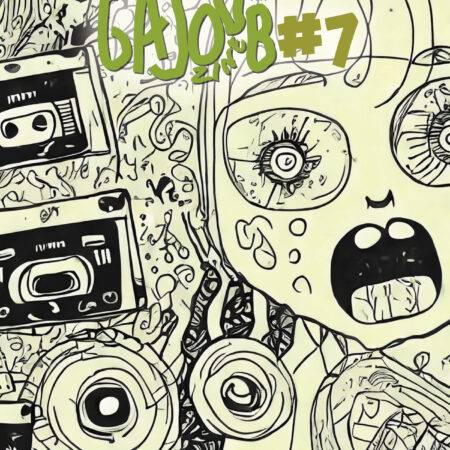Your cart is currently empty!
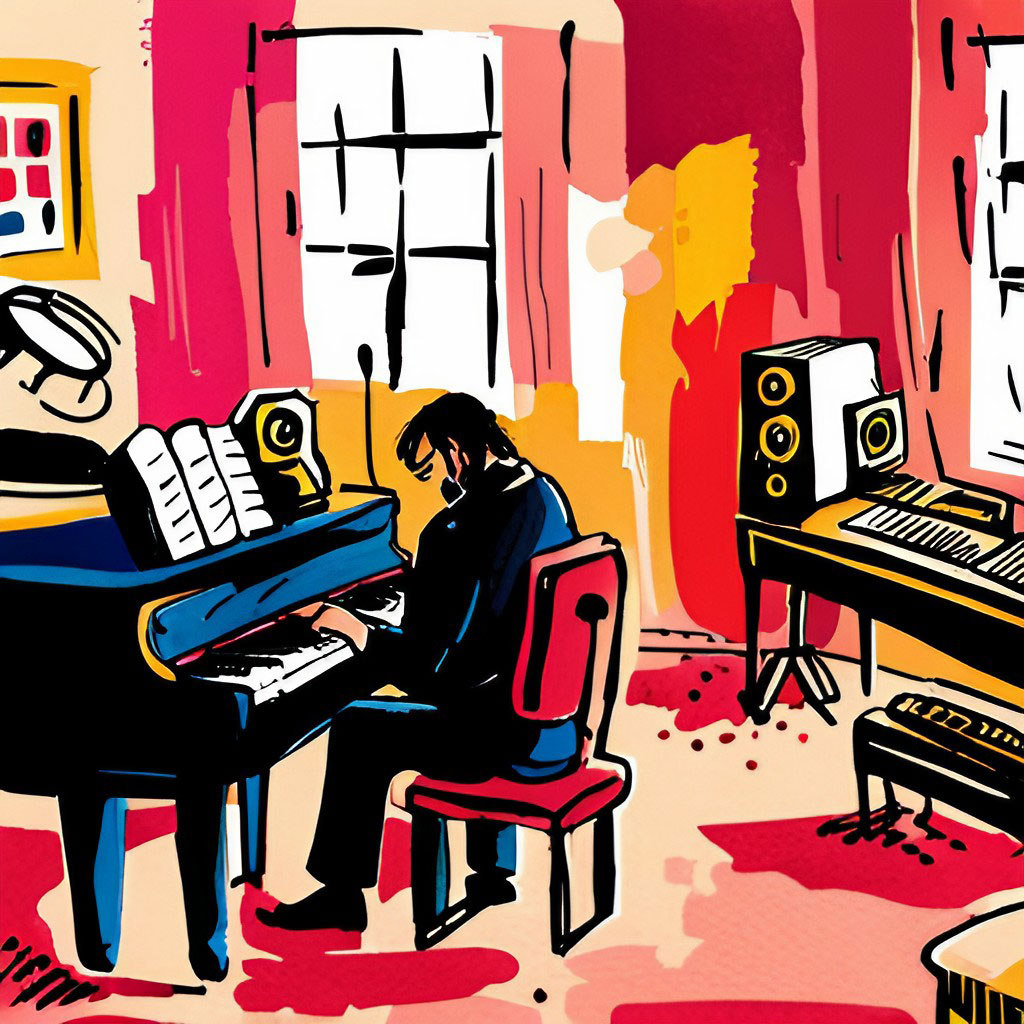
An Inside Look: The Day Jobs of Home Tapers
In the realm of independent recording, home tapers have carved out a unique and vibrant space for themselves. While their music may often be the primary focus of attention, it’s worth considering the other side of the coin: the day jobs that sustain these artists and allow them to pursue their musical endeavors.
In the pages of GAJOOB, a magazine dedicated to fostering community among independent recording artists, a diverse range of home tapers have shared insights into their day jobs. Take, for instance, Tom Furgas, an electronic music artist known for his intricate and challenging work. Despite the avant-garde nature of his music, Furgas finds solace in the stability of his day job as a computer programmer.
For other home tapers, their day jobs provide a more direct connection to their music. Lawrence Salvatore, a singer-songwriter known for his quirky and introspective lyrics, works as a music teacher. This role allows him to share his passion for music with young people while also gaining valuable insights into the craft of songwriting.
“I think my day job as a music teacher has definitely influenced my songwriting,” Salvatore says. “It’s given me a better understanding of how music works, and it’s also given me a chance to see how kids approach music.”
Of course, not all home tapers are able to find day jobs that directly relate to their music. But even in these cases, there are often unexpected connections to be found. Croiners, a tape loop artist known for his innovative use of found sounds, works as a graphic designer. While this may seem like a far cry from his musical endeavors, Croiners insists that there is a common thread running through both.
“I think there’s a lot of overlap between graphic design and tape loop music,” Croiners says. “Both involve taking fragments of sound or images and rearranging them in a way that creates something new and unexpected.”
Home taper, Don Campau, mentioned that for him, music is not something to make a career out of. He worked in the produce department in a grocery store for over 30 years and expressed no interest in pursuing music as a full-time career.
The day jobs of home tapers are as varied as the music they create. But one thing that unites these artists is their dedication to their craft. Whether they’re working as computer programmers, music teachers, graphic designers, or anything else, they find ways to balance their day jobs with their musical passions. And it is through this delicate balance that they continue to enrich the world with their unique and often challenging art.
Keeping your artistic pursuits separate from your work career can offer several advantages. Firstly, maintaining a clear boundary between your professional occupation and your creative endeavors can serve as a source of balance and mental respite. This demarcation allows individuals to fully engage in their artistic passions without the pressures or constraints often associated with a career-focused mindset.
Furthermore, by pursuing creative activities independently from their primary source of income, individuals may find a greater sense of freedom and authenticity in their artistic expression. This separation can foster an environment where creativity flourishes without the burden of financial or professional expectations, leading to a more genuine and fulfilling artistic experience.
Moreover, dedicating time specifically to artistic pursuits outside of work can contribute to personal growth and overall well-being. It provides an opportunity for individuals to explore their creativity, develop new skills, and cultivate a deeper sense of self-expression, leading to enhanced satisfaction and fulfillment in both their personal and professional lives.
Ultimately, by keeping artistic pursuits separate from one’s work career, individuals can enjoy the inherent benefits of creative exploration while also maintaining a healthy work-life balance, nurturing their passion for art without imposing the demands of a professional career.
Additional:
- “Your Job Doesn’t Have to Be Your Passion” – Harvard Business Review (https://hbr.org/2021/06/your-job-doesnt-have-to-be-your-passion)
by
Tags:
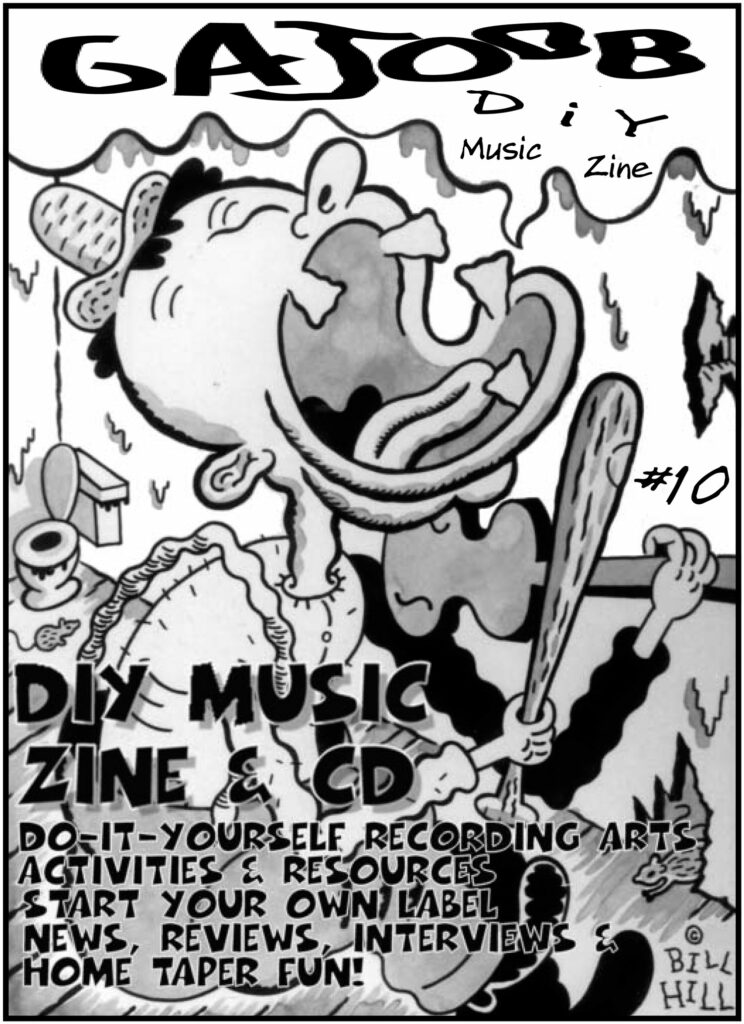
- Ads (3)
- Albums (138)
- Artificial Intelligence (1)
- Audio Art (13)
- Books (3)
- Briyan (1)
- Business (5)
- Cassette Culture Shock (3)
- Channels (2)
- Collaboration Projects (4)
- Comics (1)
- Creative (10)
- Discover Sounds (1)
- Editorial (2)
- GAJOOBTube (2)
- Gear (8)
- Instruments (4)
- Interviews (9)
- Labels (14)
- Letters (3)
- Library (14)
- Links (5)
- Merch (2)
- News (2)
- People (17)
- Performance (1)
- Podcast (1)
- Profiles (29)
- Projects (0)
- Tapegerm (6)
- Uncategorized (7)
- Video (3)
- Video & Vlogging (0)
- Vlogs (1)
- Websites (6)
- Zine Making (1)
- Zines (11)
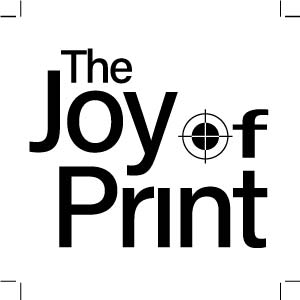
*Purchasing via Amazon affiliate links helps support our efforts at no additional cost to you. Thank you!
